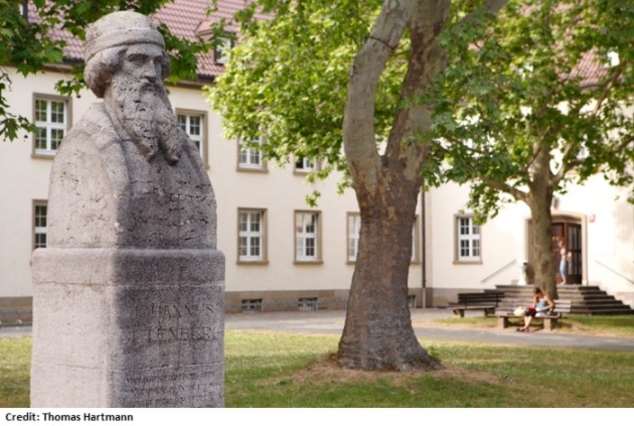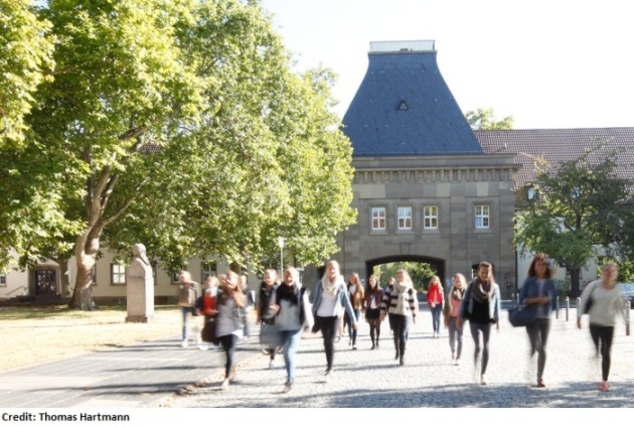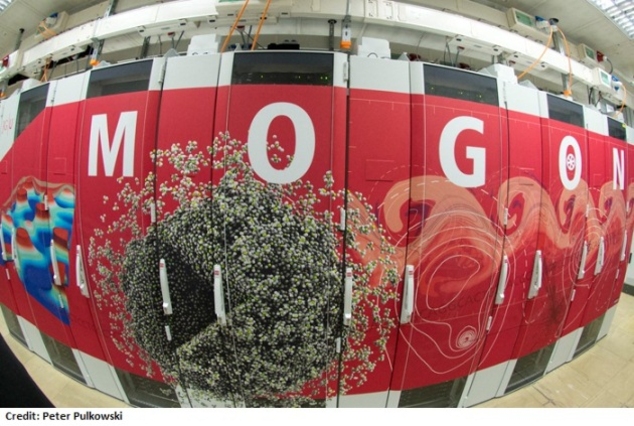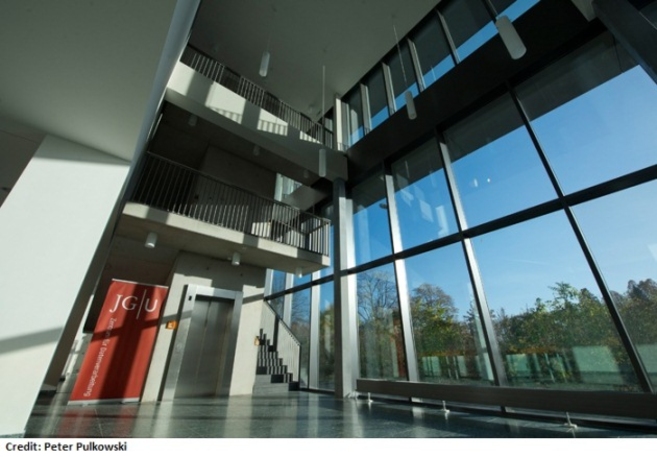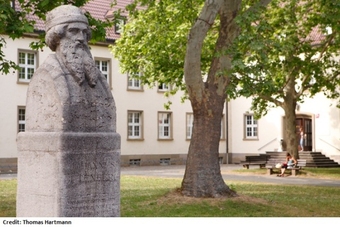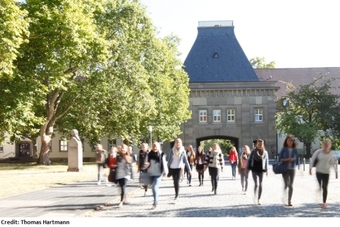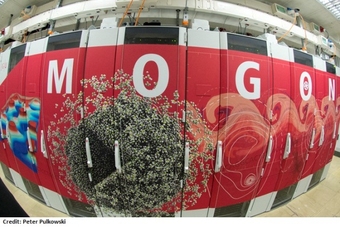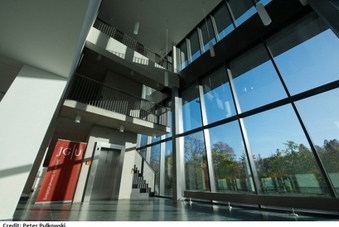JGU
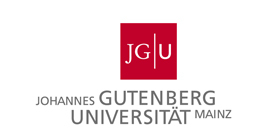
Founded in 1477 and reopened in 1946, Johannes Gutenberg University Mainz (JGU) is one of the ten largest universities in Germany. JGU strives to promote and implement innovative ideas to help improve people’s living conditions through knowledge and to facilitate their access to education and science. The Gutenberg Spirit: Moving Minds – Crossing Boundaries
Johannes Gutenberg University MainzWith about 35,000 students from over 130 nations, Johannes Gutenberg University (JGU) offers almost all academic disciplines. JGU is a globally renowned research university whose reputation is based on outstanding individual researchers as well as extraordinary research achievements in the field of particle and hadron physics, materials sciences, translational medicine, the life sciences, media disciplines, and historical cultural studies. JGU maintains close ties with regional, national, and international partners in the scientific, cultural, and business sectors.
HPC at JGUJGU has a long tradition in HPC and simulation sciences. It hosted one of the first groups to use Monte Carlo simulations as a quantitative tool in statistical and condensed matter physics, helping to establish simulations as a third branch in addition to theory and experiment. JGU’s use of HPC focuses on the fields of physics (particularly in nuclear physics and high energy physics), computer science, theoretical chemistry, and the materials sciences, but also meteorology and genome research. The JGU Institute of Computer Science focuses on HPC related research and, based on the rising demand for HPC resources, JGU has made HPC a strategic pillar within its positioning. As a full member of the German Gauss Alliance, JGU is constantly investing in methodical skills as well as in state-of-the-art HPC environments.


